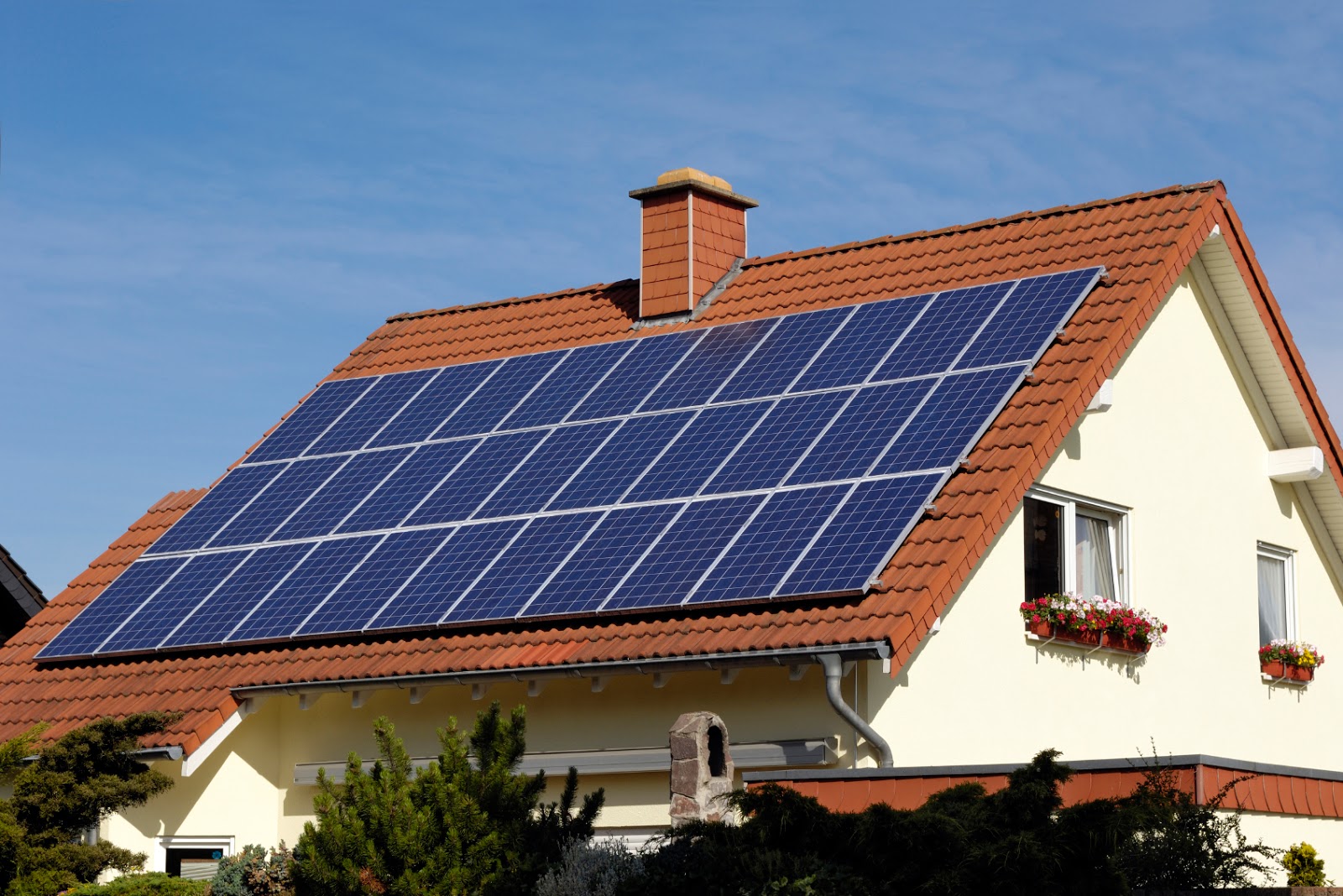When it comes to choosing the right solar power system for your home, it’s important to do your research and understand the different types of systems available. There are many factors to consider when selecting the best solar system for your home and lifestyle, so it’s important to know what type of system you need to meet your energy needs. Understanding the different types of solar systems, the components that make up a solar energy system, and the pros and cons of each type will help you make an informed decision when selecting the right solar power system for your home. This blog post will provide valuable information to help you choose the right solar power system for your home. It will discuss the different types of solar systems, the components of a solar energy system, and the pros and cons of each type. We’ll also examine the factors to consider when selecting the best solar power system for your home and lifestyle. know more, How To Increase The Value Of Your Home By Switching To Solar.
Contents
Assess your home’s energy needs
The first step in choosing the right solar power system for your home is to assess your home’s energy needs. This means taking into account the size of your home, the number of inhabitants, and their energy needs. Consider appliances like heating, cooling, and hot water systems, as well as any other electrical devices in your home. Also, think about any potential changes to your energy needs in the future, as this can help you decide what type of system should be installed and the capacity it will require. This assessment will provide you with the information needed to select the right solar power system for your home.

Consider your roof space
After you’ve decided on the type of solar power system you want to install, you need to think about where you’ll be putting it. The roof is usually the best option because it maximizes the amount of sun the system receives. When considering your roof space, take into account the size and angle of your roof, the amount of shade it receives, and the materials it’s made of. You’ll also want to make sure you have enough space to install the panels, which need to be placed at an optimal angle to maximize the amount of sunlight they receive.
Account for available sunlight
Choosing the right solar power system for your home involves more than just picking one out of a catalogue. You need to make sure that the system you choose is the right size and is able to capture the available sunlight. Before you purchase a system, you need to account for the amount of sunlight that is available in your location. This includes accounting for any shade from trees, buildings, or other obstructions that may block the sunlight from reaching the solar panels. You should also consider the angle and direction of the sun, and the number of hours of sunlight you receive. With this knowledge, you can properly size the solar system so that it captures the most amount of sunlight per day.
Calculate the cost of installation
Once you’ve chosen the right system for your home, it’s important to calculate the cost of installation. This cost can vary depending on the size of the system and the complexity of the installation. Professional installers can help you determine the cost of installation, which may include the cost of permits and inspections, labor, equipment, and other services. Depending on whether you install the system yourself or hire a professional, the cost of installation can range from a few hundred dollars to several thousand dollars. Additionally, if you are eligible for a federal tax credit, this could help reduce the overall cost of your installation.
Research the type of system you need
When choosing a solar power system for your home, it is important to do your research to ensure that you get the best system for your needs. Consider the specific needs of your home, such as the size of your roof and the amount of sunlight it receives. Also, take into account your budget, as different solar systems will have varying costs. Once you have a good idea of your needs and budget, you can begin researching the types of solar power systems available. Look into the different components and their specifications, such as the type of solar panels and the inverter, and determine which ones are best suited for your home.
In conclusion, selecting the right solar power system for your home is an important decision. It should be based on your budget, your energy needs, and the climate of your location. Make sure to check with your state and local regulations before installing a solar power system. With the right research and preparation, you can find the right solar power system that will meet your energy needs and help the environment.

